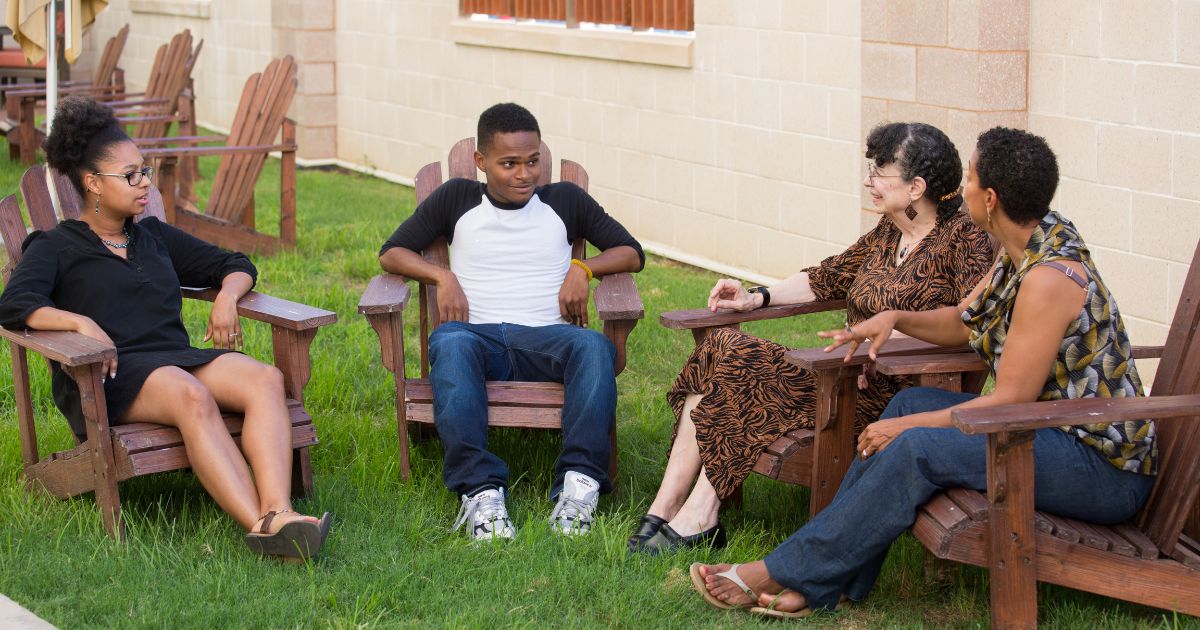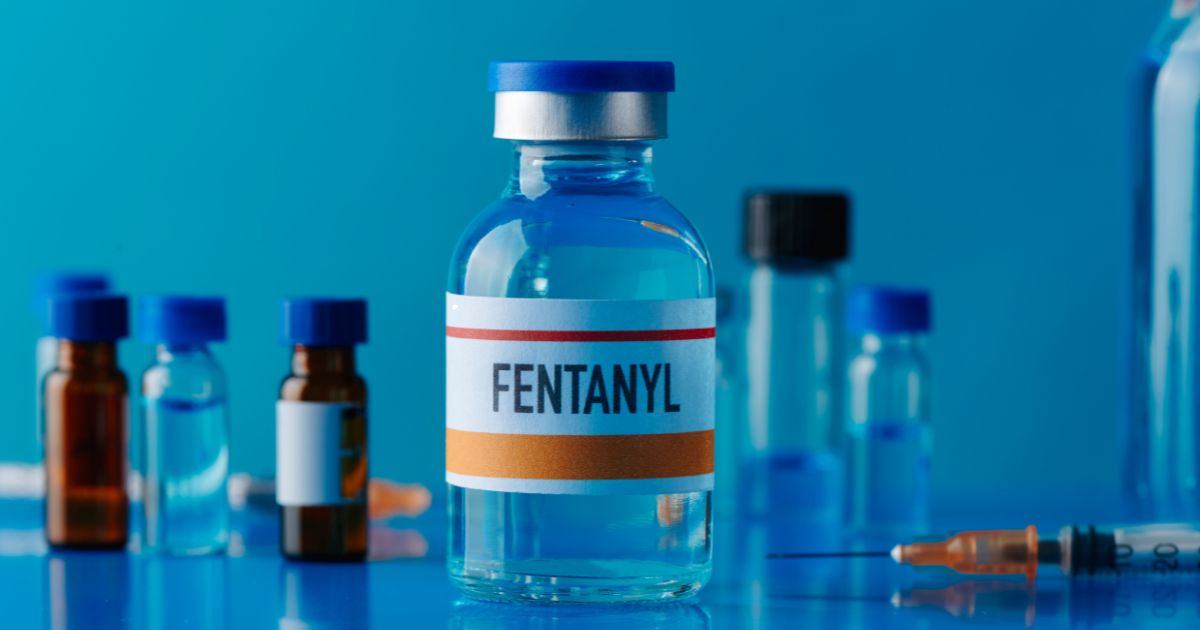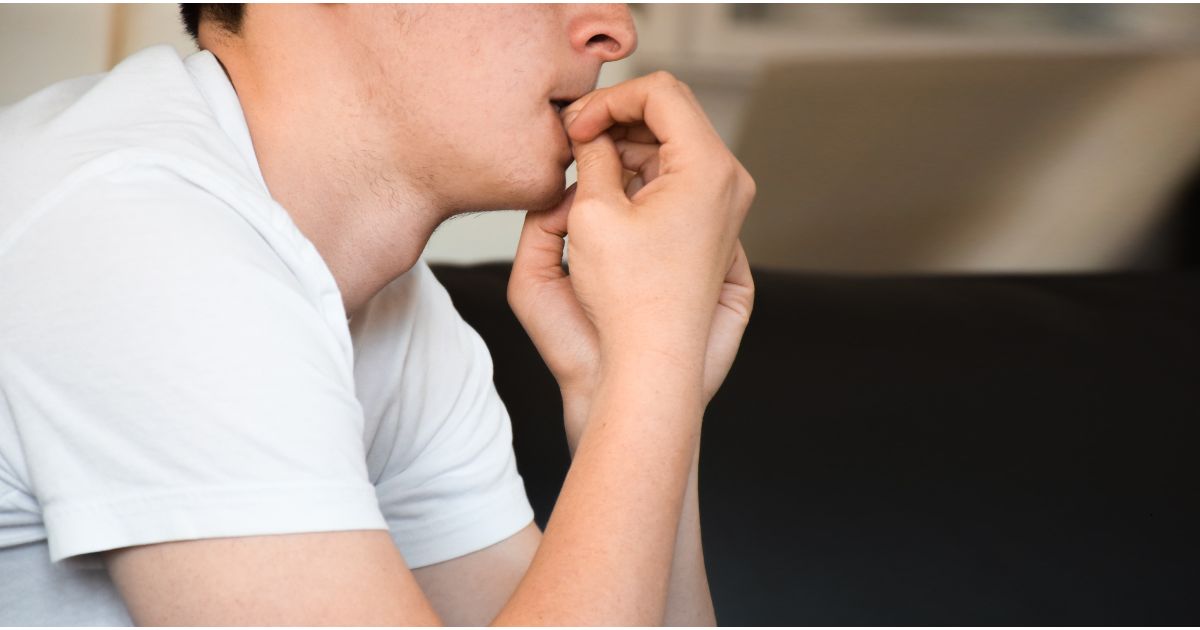When it comes to recovery, getting sober is hard – but staying sober is the real challenge. Though it would be nice, it’s not realistic to expect everyone in recovery to leave their substance abuse behind them for good on their first attempt. Many will turn back to their old ways multiple times before finally leaving the past behind them. This is what is known as a relapse.
Addiction relapse is a serious risk for anyone who is in recovery from substance abuse. Understanding the risk factors for relapsing on drugs or alcohol can help individuals who are working to stay sober.
If you or someone you know has relapsed or is at risk for relapsing, know that relapsing is a normal part of recovery. Recovery is a long and hard road – there’s no shame in a few stumbles along the way.
In this article, we’ll cover the warning signs to look out for, the stages of relapse, and possible prevention strategies.
What is a Relapse?
First, it’s important to establish what a relapse is. A relapse is a return to previous behaviors of substance abuse, after a period of remaining sober. It often occurs after a period in which an individual has made significant progress in recovery.
As mentioned before, most people in recovery relapse at least once. A study from the National Institute on Drug Abuse found that between 40 to 60 percent of those recovering from a substance use disorder (SUD) relapse somewhere along the way.
While relapses are common in recovery, they’re also dangerous. The reason for this is the person relapsing usually does so after having been sober for a significant period. This leads to a reduced tolerance for the substance being abused. Usually, however, the person relapsing is not aware of this – they take the same amount of the drug or alcohol they used to prior to their sobriety. Their body often cannot handle this, leading to a life-threatening overdose as a result.
If you believe you or a loved one is at risk of relapsing – or has relapsed already – seek medical help immediately.
Lapse vs. Relapse
Another important distinction to be aware of is the difference between a lapse and a relapse. A lapse occurs when someone in recovery reverts to using drugs or alcohol, only for a short time. This short period of regression can feel like a failure, but if addressed quickly, can be just a minor setback, rather than a full relapse.
Relapse Signs and Symptoms
Knowing what a relapse looks like can help you address it quickly before more damage is done.
- Relapse warning signs include:
- Increased stress or anxiety
- Changes in eating and sleeping patterns
- Isolation from recovery networks or support systems
- Discontinuing participation in recovery activities
- Secretive behavior
- Financial difficulties
- Low self-esteem
- Poor self-care
- Increased desire to use drugs or alcohol
- Unhealthy relationships
- Difficulty managing triggers
- Unexplained changes in behavior or mood
- Overconfidence in the ability to control alcohol or drug use
- Slipping into old patterns or habits
- Physical symptoms such as changes in blood pressure, weight, or heart rate
Perhaps the most important red flag for relapse is that the person in recovery begins to doubt the effectiveness of the recovery process.
Risk Factors for Relapse
Knowing the risk factors for relapse can help you or your loved one make it less likely.
Risk factors for relapse may include:
- Lack of social support or a strong support system
- High-stress levels or exposure to triggers such as people or places associated with past drug use
- Co-occurring mental health disorders, such as depression or anxiety
- Not participating in ongoing therapy or support groups
- Lack of structured activities or a sense of purpose in one’s daily life
- Exposure to peer pressure or the influence of others who use drugs
- Lack of access to appropriate treatment or resources for maintaining recovery
- Not identifying and addressing underlying issues that contributed to drug use in the first place
- Being in the early recovery stages
- Poor management of triggers and cravings
Many of these risk factors can be mitigated or avoided through a combination of medication, therapy, family support, and inpatient or residential treatment. Cognitive behavioral therapy (CBT) can help the person identify and address the underlying issues and triggers behind their drug or alcohol abuse. CBT, combined with medication, can also help treat any dual diagnosis of depression or anxiety. Cravings and withdrawal symptoms can likewise be addressed with medication.
Inpatient or residential treatment, ideally combined with strong familial support, can help provide the recovering individual with the structure, belonging, and moral support necessary to persevere through the process. It can also help remove them from the environments where their substance use disorder first developed, allowing them to focus on recovery without distractions.
South Coast Behavioral Health offers residential treatment centers in California that provide compassionate and research-backed treatment for substance use disorders.
Get confidential help from our addiction treatment specialists in Orange County. Call to join our rehab program today!
Call 866-881-1184
What Are the Stages of Relapse?
Rather than a singular event, a drug or alcohol relapse takes place over several stages.
The three stages of relapse include:
- Emotional Relapse
- Mental Relapse
- Physical Relapse
Stage One: Emotional Relapse
During this stage, you aren’t thinking of using drugs and alcohol again, but you may be at a greater risk of relapsing due to your emotional state. You might experience feelings such as frustration, anxiety, restlessness, or hopelessness.
Some signs of emotional relapse could include avoiding the company of others, poor eating and sleeping habits, missed meetings, and mood swings.
Stage Two: Mental Relapse
At this stage, there’s now a raging battle within you on whether or not to go back to using. One part of you wants to return to your old ways; the other part knows it’s wrong and understands the need to persevere.
The mental relapse stage is characterized by thoughts and fantasies about using substances. You may start planning how and when you will use, it and rationalizing your decision to relapse. You may also begin to disengage from their recovery support systems and activities.
Stage Three: Physical Relapse
By this stage, you have lost the will to resist and have begun abusing substances again. Some of the physical actions you may take at this point include driving to the bar or liquor store or calling your dealer.
A good relapse strategy focuses on building awareness surrounding the symptoms, risk factors, and earlier stages of relapse to avoid reaching this point.
What to Do After a Relapse?
Here are some things you can do if you end up relapsing:
Be Kind in the Face of Shame and Doubt
If you’ve relapsed on alcohol or drugs, it can be easy to feel ashamed and doubt yourself. It’s important to remember that relapse is a common part of recovery and it doesn’t mean you have failed. Instead, it’s an opportunity to learn from your mistakes and make a plan to prevent future relapses. Try to be kind and compassionate with yourself as you navigate this difficult time.
Prepare Yourself for a Difficult Conversation
If you have a loved one or therapist that you trust, while difficult, it can also be cathartic, to be honest about your relapse. Prepare yourself for the conversation by thinking about what you want to say and how you want to say it. It can be difficult to be vulnerable, but it’s important, to be honest about what happened and what you need to move forward.
Reach Out to Loved Ones
If you’re feeling isolated or alone after a relapse, it’s important to reach out to loved ones for support. They may be able to offer you emotional support and help you make a plan to prevent future relapses. They may also be able to offer you practical support, such as help with childcare or transportation.
Reframe Your Perspective on Relapse
Relapse can feel like a setback, but it’s important to reframe your perspective and see it as an opportunity to learn and grow. Instead of focusing on the negative, try to focus on what you can learn from it and how you can use this experience to improve your recovery in the future. You may want to focus on the positive steps you are taking or remind yourself that you can overcome this.
How to Stop Relapsing
If you’ve relapsed, you should forgive yourself – it’s important to not let yourself be defeated by temporary setbacks like a relapse. But after that, you should take steps to prevent further relapses down the line.
There are a few things to consider that can help you prevent relapsing, such as returning to treatment for substance abuse and creating a relapse prevention plan.
Consider Returning to Treatment
If you find yourself relapsing, it may be time to consider returning to treatment. This could include therapy, counseling, or a rehab program. These programs can provide you with the tools and support you need to overcome your addiction and prevent further relapses.
Protect Against Revolving Door Syndrome
Revolving door syndrome is a term used to describe the cycle of addiction where an individual goes through treatment, relapses, and then returns to treatment. To protect against this cycle, it’s important to understand the triggers and causes of your addiction and to develop strategies for avoiding them. This may include avoiding certain people, places, or activities that may trigger a relapse.
Create a Relapse Prevention Plan for the Future
Relapse prevention is essential for maintaining long-term recovery. When creating a prevention plan, it should be tailored to your individual needs and circumstances and should include strategies for managing triggers, building a support system, and developing healthy coping mechanisms.
One possible technique you could try is mindfulness-based prevention strategies. Mindfulness-based relapse prevention is a type of therapy that combines mindfulness techniques with traditional relapse prevention methods. This approach can help you become more aware of your thoughts, emotions, and behaviors, which can help you identify and manage triggers before they lead to a relapse.
A study published in the Journal of Substance Abuse Treatment found that individuals who participated in mindfulness-based therapy had a significantly lower risk of relapse compared to those who did not.
Another popular relapse prevention therapy is cognitive therapy. Cognitive therapy, particularly CBT, helps individuals correct negative thought patterns that make them mentally vulnerable. A study in the Yale Journal of Biological Medicine affirmed the strong effectiveness of cognitive therapy in relapse prevention.
Looking for quality substance abuse treatment that’s also affordable? South Coast accepts most major insurance providers. Get a free insurance benefits check now.
Check Your CoverageGet Back on the Road to Recovery With South Coast
South Coast Behavioral Health understands that relapse is part of recovery. We offer compassionate treatment across Southern California that’s backed by the latest research. Coming to our beautiful California treatment centers, you’ll find a close-knit community, highly qualified staff, and relapse prevention plans individualized to your needs.
Located in beautiful neighborhoods, our luxurious Southern California treatment centers feature:
- Master’s-level certified and licensed clinicians
- Trauma-focused curriculum
- Relapse prevention strategies
- Science-backed behavioral therapies
- Gender-specific group topics and treatment
- Life skills education
- Nutrition and wellness
- Mindfulness, yoga, and meditation
- Recovery support groups
We offer substance abuse treatment in California in the following locations:
If you are in recovery and at risk of relapse, contact us today at 866-881-1184. Our highly credentialed staff is available day and night, 24/7 to take your call.










